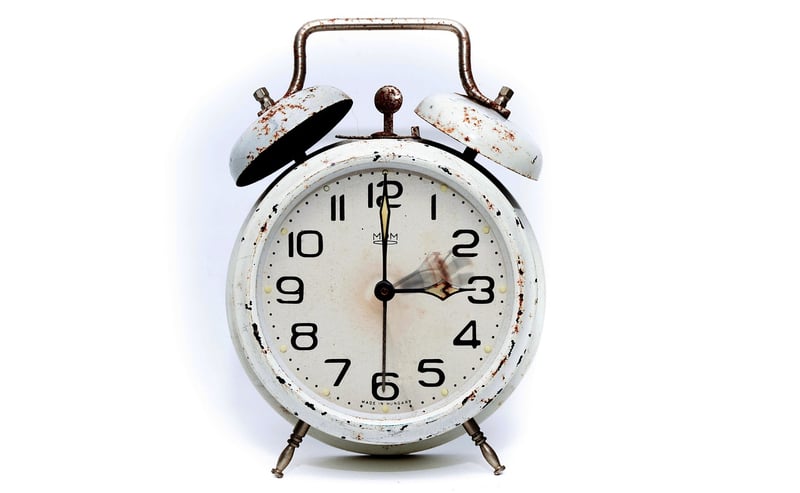Temporal Paradoxes
The Risks of Meddling with Time and Temporal Paradoxes
Time travel has been a fascinating concept in science fiction for decades, but the idea of altering the past or future comes with significant risks and potential consequences. While the notion of changing historical events or correcting mistakes may seem appealing, meddling with time can lead to various complications, including temporal paradoxes that can have far-reaching effects.
Temporal Paradoxes
One of the most well-known risks of time travel is the creation of temporal paradoxes. These paradoxes occur when an action in the past influences the future in a way that is contradictory or illogical. One common example is the grandfather paradox, where a time traveler goes back in time and prevents their grandparents from meeting, thus erasing their own existence. This paradox raises questions about causality and the possibility of changing events without creating inconsistencies.
Types of Temporal Paradoxes:
- The Bootstrap Paradox: In this paradox, an object or information is sent back in time in an infinite loop with no origin. It raises questions about the creation of knowledge or items without a true beginning.
- The Ontological Paradox: Also known as a predestination paradox, this occurs when a time traveler inadvertently becomes the source of a past event, leading to a loop where the event causes itself.
- The Butterfly Effect: While not a paradox per se, the butterfly effect refers to small changes having significant consequences in the future. Even minor alterations in the past can lead to unpredictable and potentially catastrophic outcomes.
Consequences of Meddling with Time
Aside from the creation of paradoxes, meddling with time can have other severe consequences:
- Alternate Realities: Changing events in the past can create divergent timelines or alternate realities, leading to confusion and instability in the time-space continuum.
- Unintended Consequences: Attempting to alter the past to achieve a specific outcome can have unintended and harmful repercussions, affecting not only the time traveler but also the entire world.
- Temporal Wars: Competing interests in altering historical events can lead to conflicts known as temporal wars, where factions battle to control the timeline for their benefit, risking the fabric of reality.
Conclusion
While the idea of time travel and changing the course of history is intriguing, the risks and consequences associated with meddling with time are significant. From creating paradoxes that defy logic to causing irreparable damage to the fabric of reality, the potential dangers of altering the past or future should not be underestimated. As such, it is essential to approach the concept of time travel with caution and consideration for the delicate balance of cause and effect in the universe.

Remember, time is a fragile and complex construct, and tampering with it can have unforeseen and disastrous consequences.
